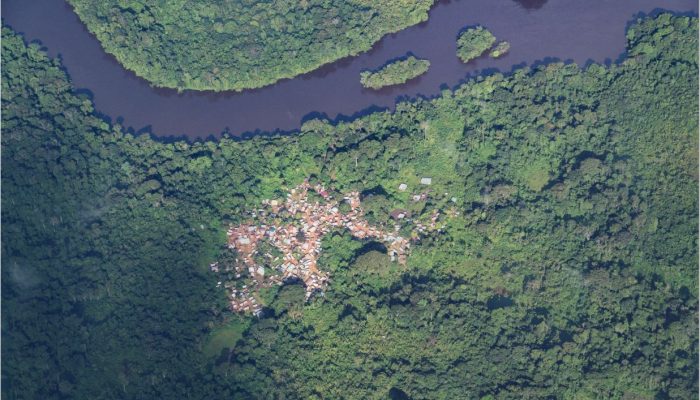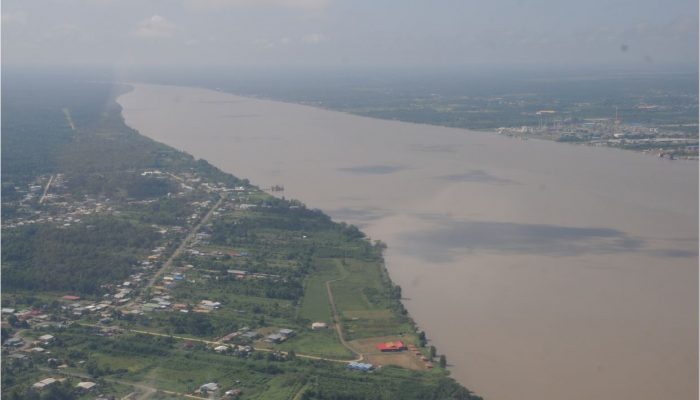Project Info
Project Description
Background
Technology Needs Assessment (TNA) is a set of country-driven activities leading to the identification, prioritisation and diffusion of environmentally sound technologies for mitigation and adaptation to climate change. The TNA project is implemented by the United Nations Environment Programme and the UNEP DTU Partnership on behalf of the Global Environment Facility.
Technology transfer has been under focus since the Rio Summit in 1992, where issues related to technology transfer were included in Agenda 21 as well as in Articles 4.3, 4.5 and 4.7 of the UNFCCC Convention. These were subsequently discussed in COP 1 in Berlin and COP 4 in Buenos Aires with Decision 2/ CP4 requiring GEF to provide funding to developing country Parties to enable them identify and submit to the COP, their prioritised technology needs, especially as concerns key technologies needed in particular sectors of their national economies conducive to addressing climate change and minimising its adverse effects. Following this, GEF provided funding to 92 countries between 2000 and 2004 for the first Technology Needs Assessments (TNAs) following a COP 13 request, the GEF proposed the Poznan Strategic Program on Technology Transfer, which was endorsed by COP 14. It consists of three funding windows; (i) technology needs assessments (TNAs); (ii) piloting priority technology projects; and (iii) dissemination of successfully demonstrated technologies.





